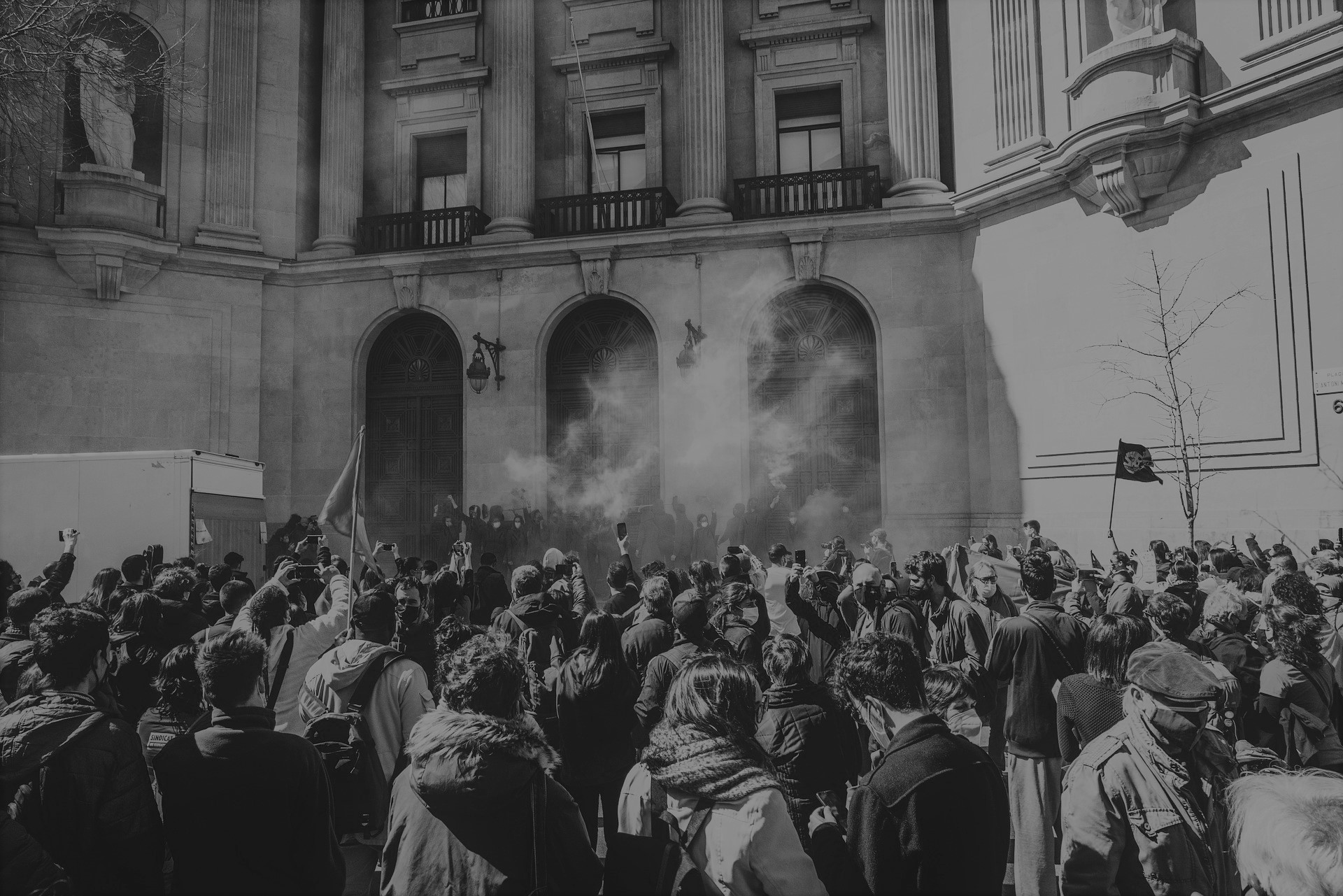We are only at the beginning of this crisis, but it is challenging us in ways that are unprecedented in modern times, not least of which because it is breaking everywhere at once.
Consultative Group to Assist the Poor, 2020
The Brexit – COVID 19 Phenomenon
The Brexit – COVID 19 phenomenon is the amalgamation of two sensational occurrences of the 21st century – Brexit and the coronavirus. The combination of the two is unique to the United Kingdom. While all nations around the world are at the forefront of the COVID-19 pandemic in a universal struggle, Britain has seemingly been dealt a double-edged sword.
Brexit, a portmanteau of “British exit“, is the withdrawal of the United Kingdom from the European Union and the European Atomic Energy Community on the 31st of January 2020. While the economic effects of Brexit have been long contemplated, it is not likely that the United Kingdom or its policymakers ever foresaw the coronavirus pandemic. Britain, ever careful in its policy decisions – demonstrable in the four-year time taken for Brexit to even take effect – was nevertheless caught unaware. The coronavirus pandemic reached the United Kingdom in January 2020. Despite the initiation of a mass vaccination program in 2021, the United Kingdom accounts for the highest death toll in Europe, and the fourteenth-highest death rate by population in the world with 127,543 deaths.
While there exists a cross-benefit analysis in the yin and yang of Brexit, the same cannot be said for the coronavirus pandemic. Accordingly, the Brexit – COVID phenomenon, while destructive in all avenues, has been exceptionally ruthless to the wage-earning class of Britain. Even then, a distinction is drawn between the wage-earning class and youth workers. Youth workers have been specifically targeted – due to a combination of social and demographic factors that have worsened their situation further.
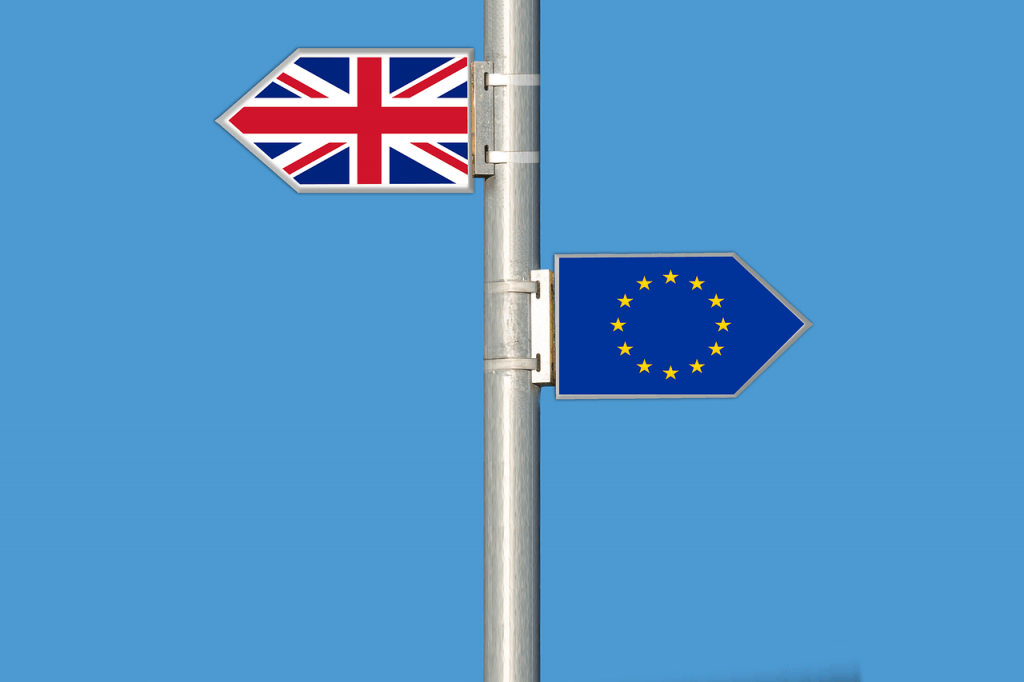
Understanding international workers’ rights
International labor law fortifies and enhances worker’s rights. Spanning both public and private international law, international labor law concerns the rights and duties of employers, employees, and the government in the regulation of the workplace. Several international instruments are in place to further protect and enhance labor rights. At the forefront of these efforts, we can identify the International Labor Organization and the World Trade Organization. Other actors, like the International Monetary Fund, the World Bank, and the European Union, play a significant role as well.
The International Labor Organization operates primarily in the creation and promotion of international labor standards. Having adopted a total of 184 Conventions, The ILO Declaration on Fundamental Principles and the Rights at Work has taken the vanguard in terms of importance. This Convention commits member states to ensure labor rights regardless of the status of ratification on four prongs: the freedom of association and the right to collective bargaining, the elimination of forced or compulsory labor, the abolition of child labor, and the elimination of discrimination.
Britain’s domestic legislation – inclusive of the Employment Rights Act 1996, the National Minimum Wage Act 1998, the Employment Relations Act 1999, and the Equality Act 2010 – are key in upholding and ensuring workers’ rights. Hallowed in employment law, workers’ rights in Britain – inclusive of the right to national minimum wage, paid holiday, and payslips – are immensely specific in nature, drafted with the intention of being of sole benefit to a worker.
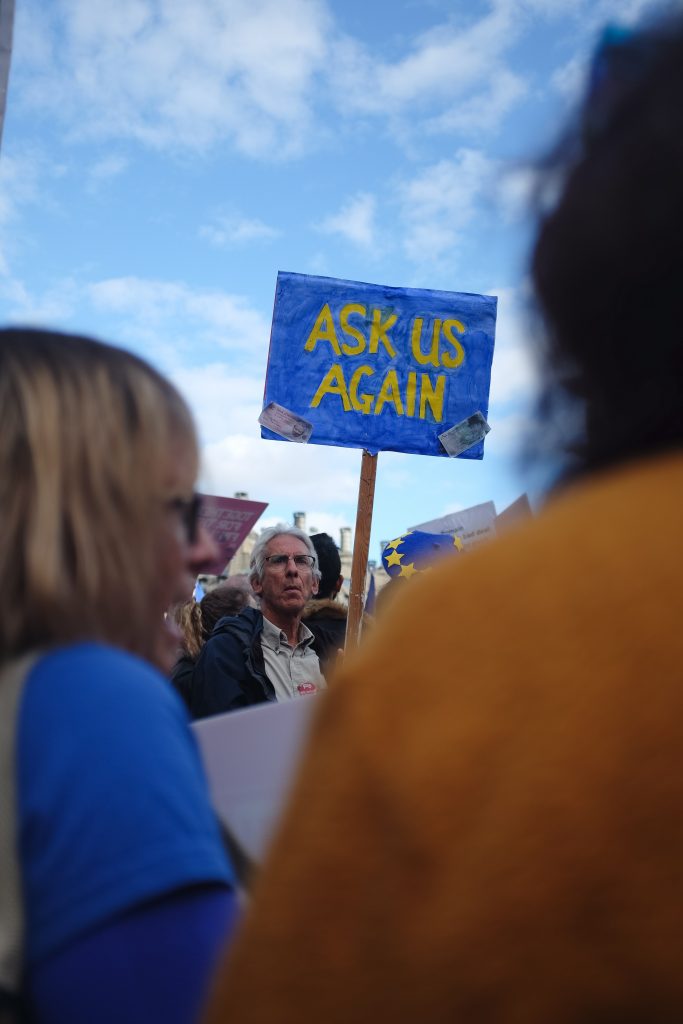
The two-pronged impact of Brexit and COVID on youth workers’ rights
The impact of Brexit and COVID is twofold: the structural impact and the employment impact. While Brexit and COVID are distinct, the amalgamation of both has resulted in a collective impact that runs in parallel.
In life and death matters such as the COVID-19 pandemic, a focus on financial matters can seem misplaced. But for the world’s poor, the financial impacts of COVID-19 can be devastating and far more immediate
Michael Tarazi, 2020
The structural impact of COVID-19 and Brexit remains distinct from that of the employment effect. At a structural level, COVID-19 has plainly intensified the already existing weaknesses in the British economy. These weaknesses include a greater reliance on a “low wage, low productivity and low road model” in a multitude of sectors. To this, we must add Britain’s repetitive failures in investment related to research & development and skills utilization.
The primary impact on youth workers’ rights on a structural level is the use of a “slash and burn approach” by a multitude of employers. This involves laying off employees due to a depletion in cash flow and business. Brexit has evidently exacerbated this procedure. This has lead to the relocation of the production process of a multiplicity of firms to a non-UK base.
Despite the best efforts of the British government through schemes such as “Furlough” – which allows companies to continue employing workers during lockdowns – and “Kickstart” – which provides funding to employers to create jobs for youth workers – research shows that a total of 7.6 million jobs in Britain are at risk. The primary concern regarding displaced workers’ rights is the entitlement to statutory guarantee pay, which provides employees wages on “no-work” days, and redundancy payment, which ensures a mandatory payment to workers on being made redundant. Reports demonstrate that a significant number of employees have been deprived of this minimum payment. While there exist legal remedies in these cases – like resorting to the Employment Tribunal – employees refrain from this action, fearing unequal treatment and increased litigation costs. As such, legal safeguards seem to work to the detriment of the worker. This makes it apparent that violations of workers’ rights have seemingly gone unnoticed in the midst of the pandemic.
The real minimum wage is zero unemployment
Thomas Sowell, 2017
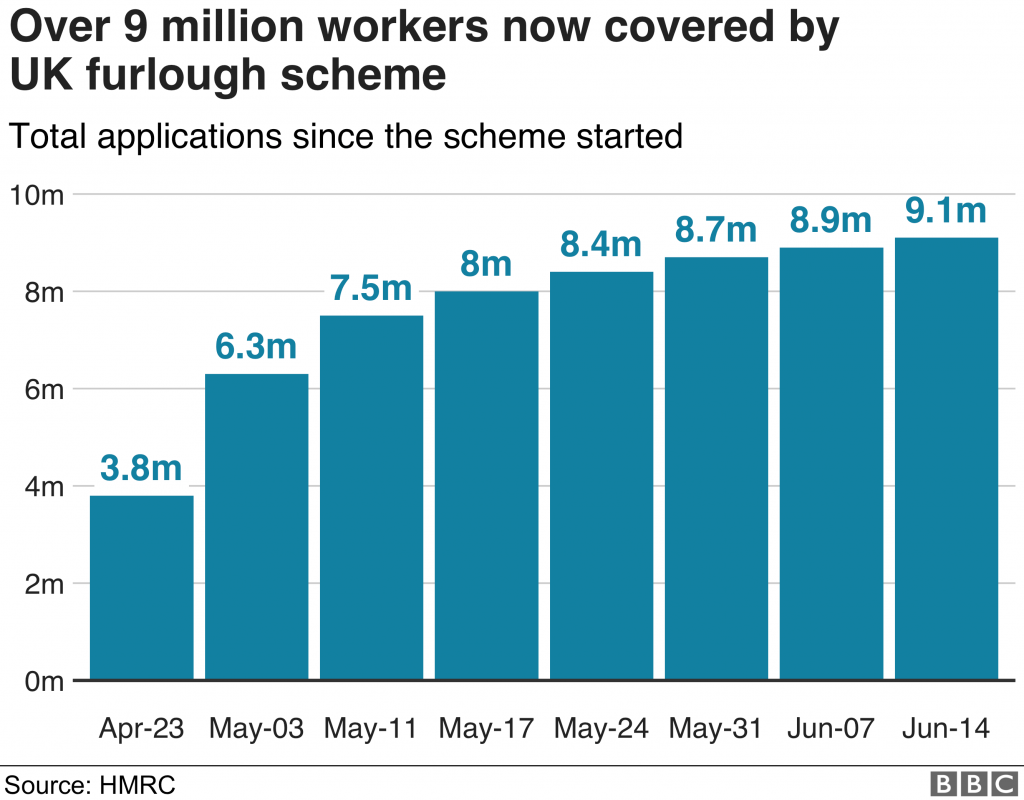
The social impact of Brexit and COVID-19
The systematic change brought about by Brexit to society, politics and the economy is undoubtable. Britain’s policymakers have rightfully predicted that the vulnerable would be at the forefront of those affected. This is demonstrated in research conducted by the Scottish Government, where a report identified 137 social impacts – inclusive of the deprivation of rights, employment protections, and funding opportunities. Brexit implies the loss of EU derived rights and protections for workers. This is inherently associated with an attack on the rights of Britain’s youth workers.
Boasting a youth unemployment rate of 16% since 2010, it is evident that the issues concerning youth workers -such as unemployment, lack of job security, and less disposable income and spending power – are exacerbated by the legal implications of Brexit. The recourse to EU funding, European citizenship, EU institutions and programs, and social rights and protections are effectively done away with. This occurrence is to the detriment of youth workers as – in addition to the loss of effective protection – youth workers struggle with mental health issues such as anxiety and depression due to the stress and uncertainty brought about by Brexit.
The social and equalities impact of COVID-19 on Britain’s youth workers is likely more calamitous. This is further intensified by legislation induced by COVID-19 – primarily, the emergency Coronavirus bill. It states that youth workers that are mandated self-isolation are deprived of claiming sick pay. In addition, a total of 2.2 million workers were laid off with no legitimate right to relief. This is primarily due to the concentration of youth workers into the hospitality, retail and entertainment industries, which have been most impacted by COVID-19, bearing the brunt of unemployment. These circumstances too contributed to the onset of mental health diseases amongst Britain’s youth workers.
The inadequacy of fiscal policies in mitigating harm
We will support jobs. We will support incomes. We will support businesses. We will do whatever it takes.
Rishi Sunak, 2020
The rationale adopted by the government of the United Kingdom is seemingly centered on the preservation of business and jobs. Accordingly, the primary fiscal policy in place to mitigate harm is the Coronavirus Job Retention Scheme, alternatively referred to as the “Furlough Scheme“. Liberal in comparison to similar schemes adopted globally, the British government pays 80% of employee wages on unpaid leave of absence.
Theoretically, the Furlough Scheme accords short-term protection to workers, safeguarding existing jobs and allowing for a return to work when feasible. Figures demonstrate that 4.5 million workers have claimed support under the furlough scheme, making it a seemingly viable policy in fulfilling its intention of protection. Despite these “economic green shoots”, there remain severe underlying consequences that prove immensely detrimental to youth workers. These consequences primarily stem from the belief that workers on furlough would forego months of skills development and earnings growth – which are fundamentally vital to a youth worker. Therefore, it is argued that the furlough scheme while beneficial to some, may be counterintuitive to others.
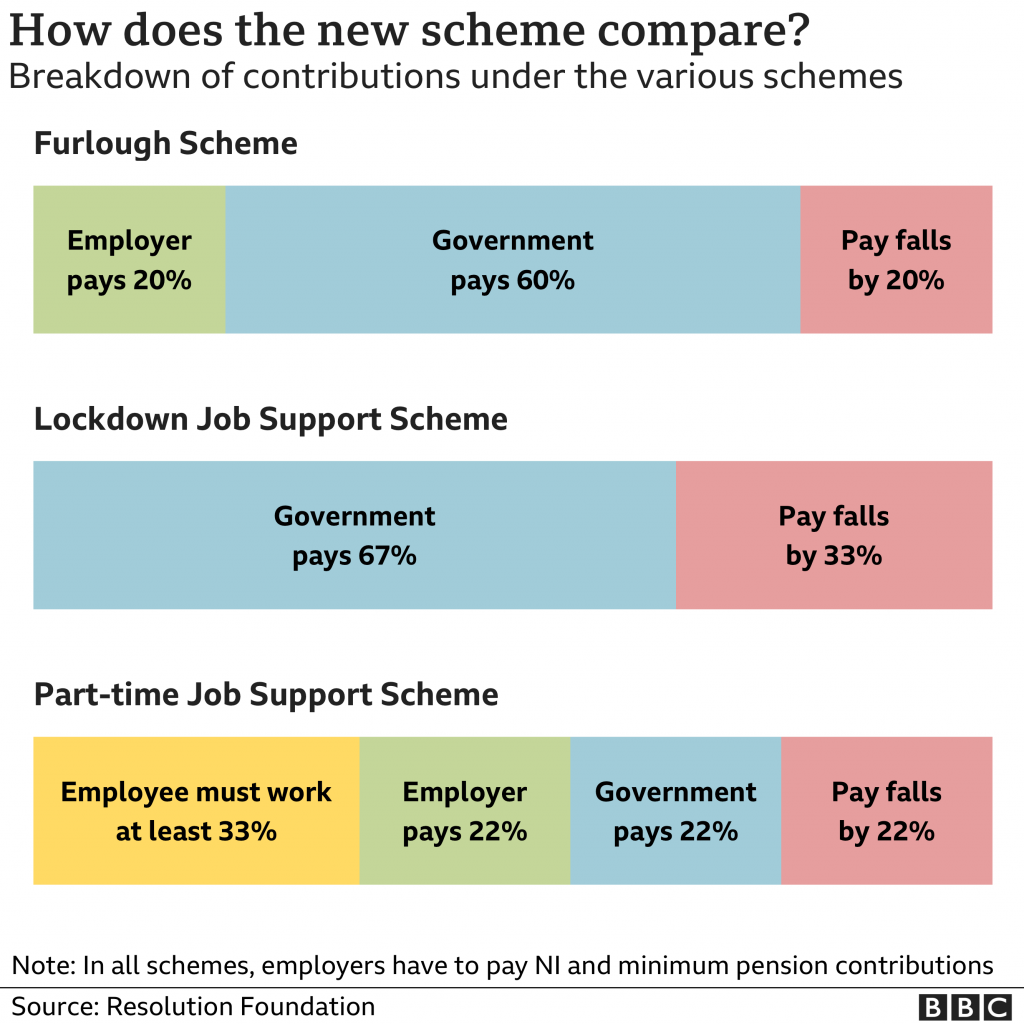
Secondary fiscal policies made available to youth workers include the Kickstart Scheme and Restart. While the short-term benefits of the Kickstart Scheme include the provision of funding opportunities to employees, the minute percentage of employed does little to mitigate harm. As of 2021, 4,000 youth workers secured employment. While this is ostensibly progress, it is negligible when compared to the percentage of unemployed youth deprived of rights – which borders a staggering number of a million youth workers. Inadvertently, it is evident that both Furlough and Kickstart remain inadequate in addressing the attacking on youth workers’ rights.
The urgent need for reform
The necessity for reform is arguably the need of the hour in unemployed stricken Britain. It is essential that the Government of the United Kingdom structure these reforms with the sole intention of ensuring long term benefits for Britain’s youth workers, gone unaddressed in past amendments. The lone conundrum in past amendments does not arise from their inability to address the issue at hand. In opposition, these arise from the notions of unsustainability and implementation of reforms in the long run.
The ‘Institute for Government’ has proposed several recommendations in ensuring that the rights of youth workers are upheld and protected. These recommendations require primarily that the government of the United Kingdom end schemes such as Furlough earlier than anticipated. While this may seem essentially minor in comparison, its effects are far-reaching. Most youth workers continue to be entirely reliant on the government resulting in brain drain and stagnation. Further, the blanket imposition of furlough is expected to deplete the economy with no real benefit in the long term. A secondary recommendation requires a sectoral approach to support. This recommendation ensures sectoral targeting in the provision of support. Accordingly, as sectors affected by COVID-19 are distinct, sectoral targeting would accord support to sectors that are deprived of the ability to operate inclusive of the hospitality, recreation, and aviation industries.
Additionally, it is pivotal that there is youth engagement through advocacy organizations, non-governmental organizations, and government-led initiatives as it is one of the most effective methods of promoting change. This has proven successful in the initiatives of Amnesty International UK, and REDRESS in endorsing workers’ rights in the face of COVID-19 and Brexit. The trenchant attack on Britain’s youth workers’ rights demand attention and justifiably so. Young workers need to speak up and engage in collective action to affirm that the deprivation of their rights is a fundamental violation and not one that is tolerable in context.
IVolunteer International is a 501(c)3 tech-nonprofit registered in the United States with operations worldwide. Using a location-based mobile application, we mobilize volunteers to take action in their local communities. Our vision is creating 7-billion volunteers. We are an internationally recognized nonprofit organization and is also a Civil Society Associated with the United Nations Department of Global Communications. Visit our profiles on Guidestar, Greatnonprofits, and FastForward.
